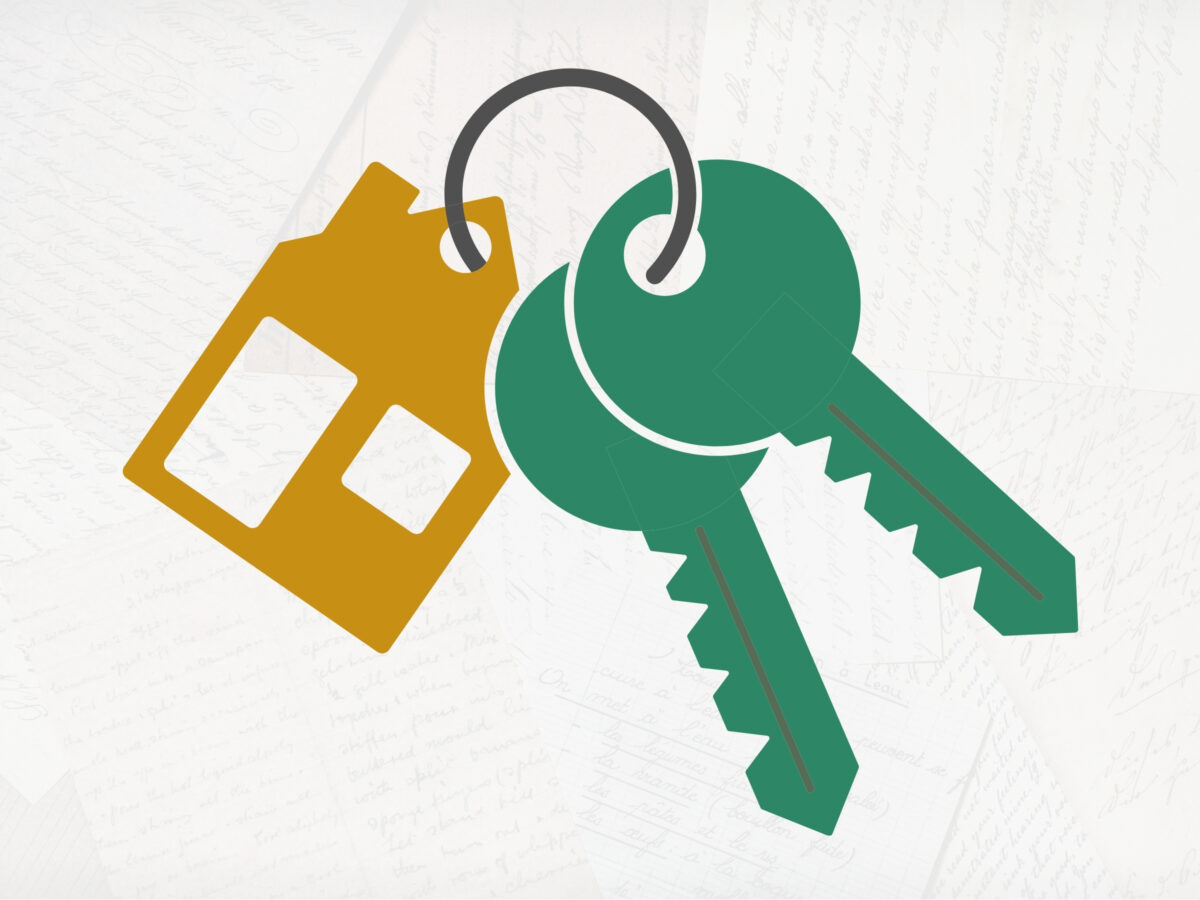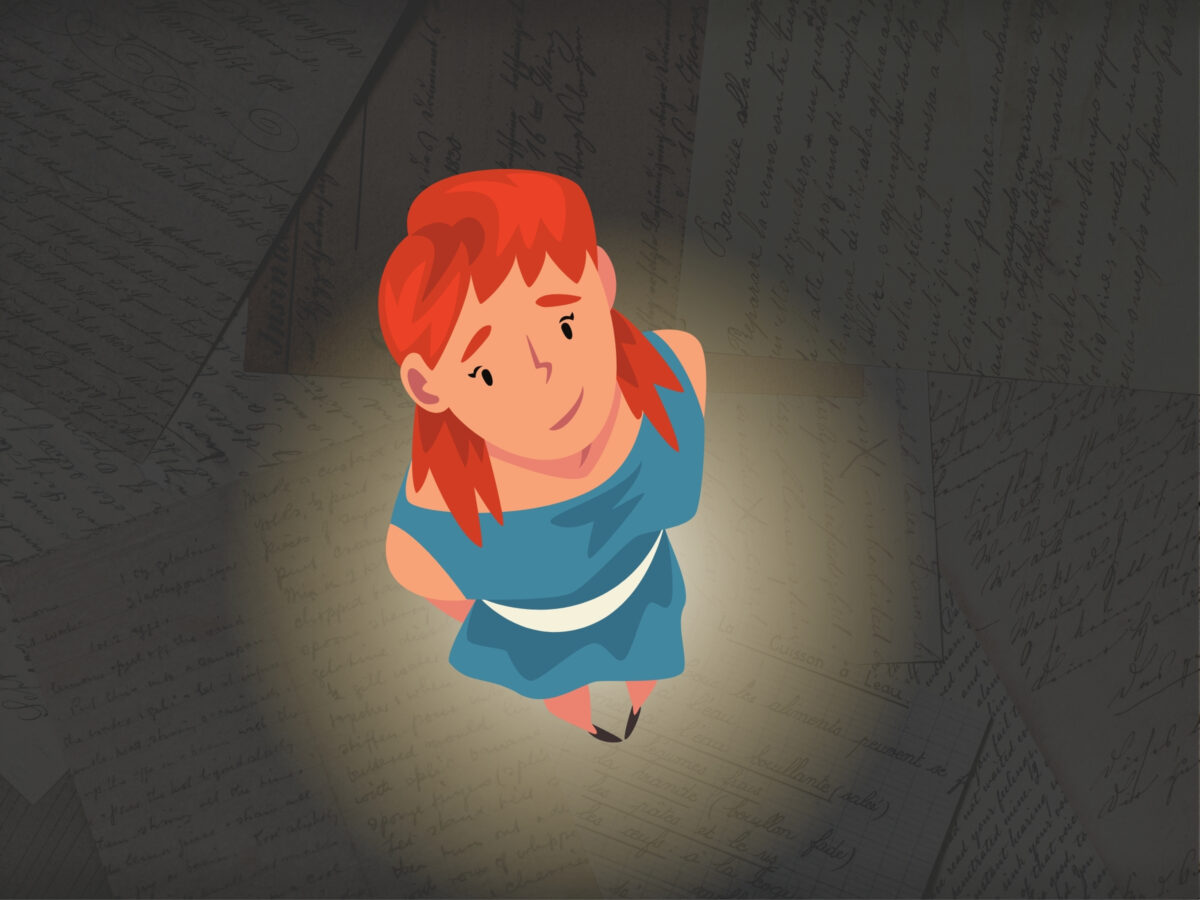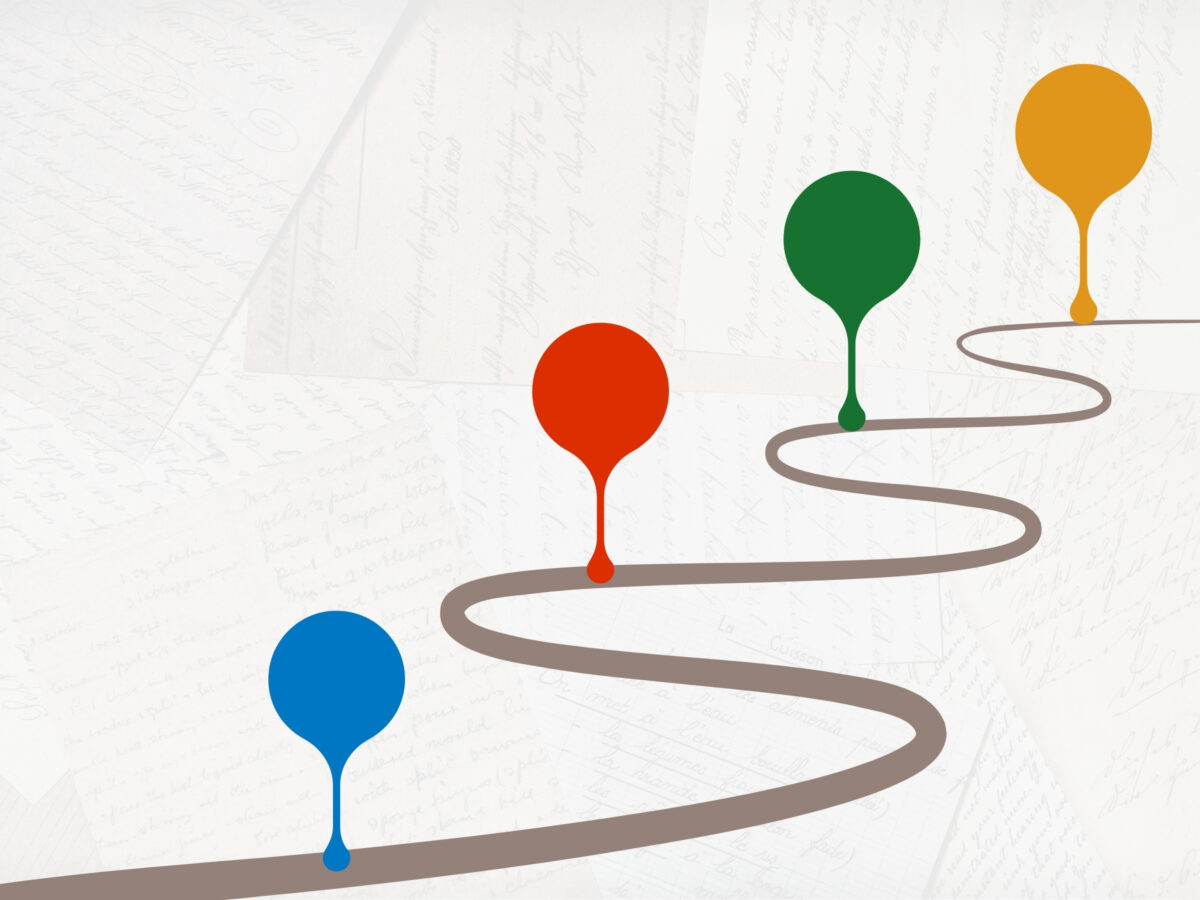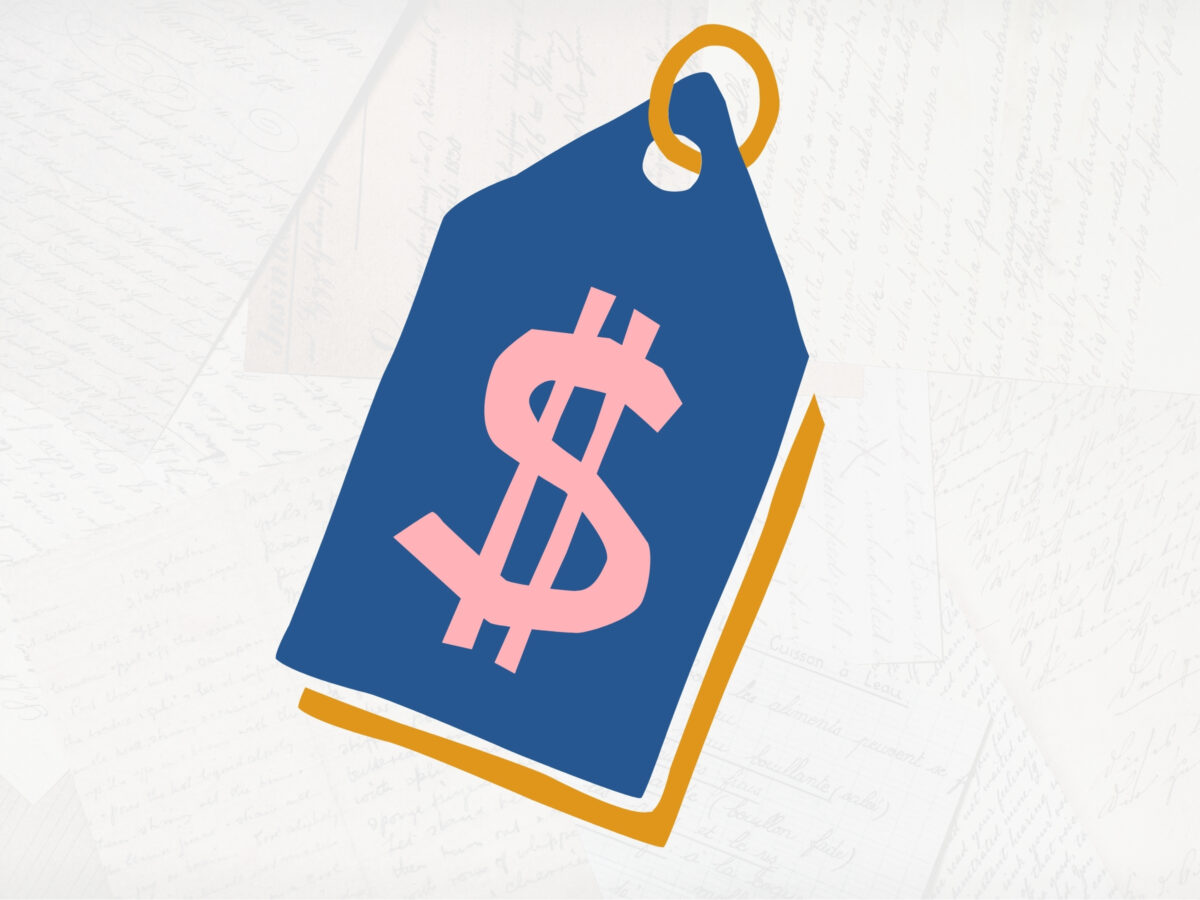But You Don’t Look Disabled!

Written by Anonymous
First Published: 14 October, 2025
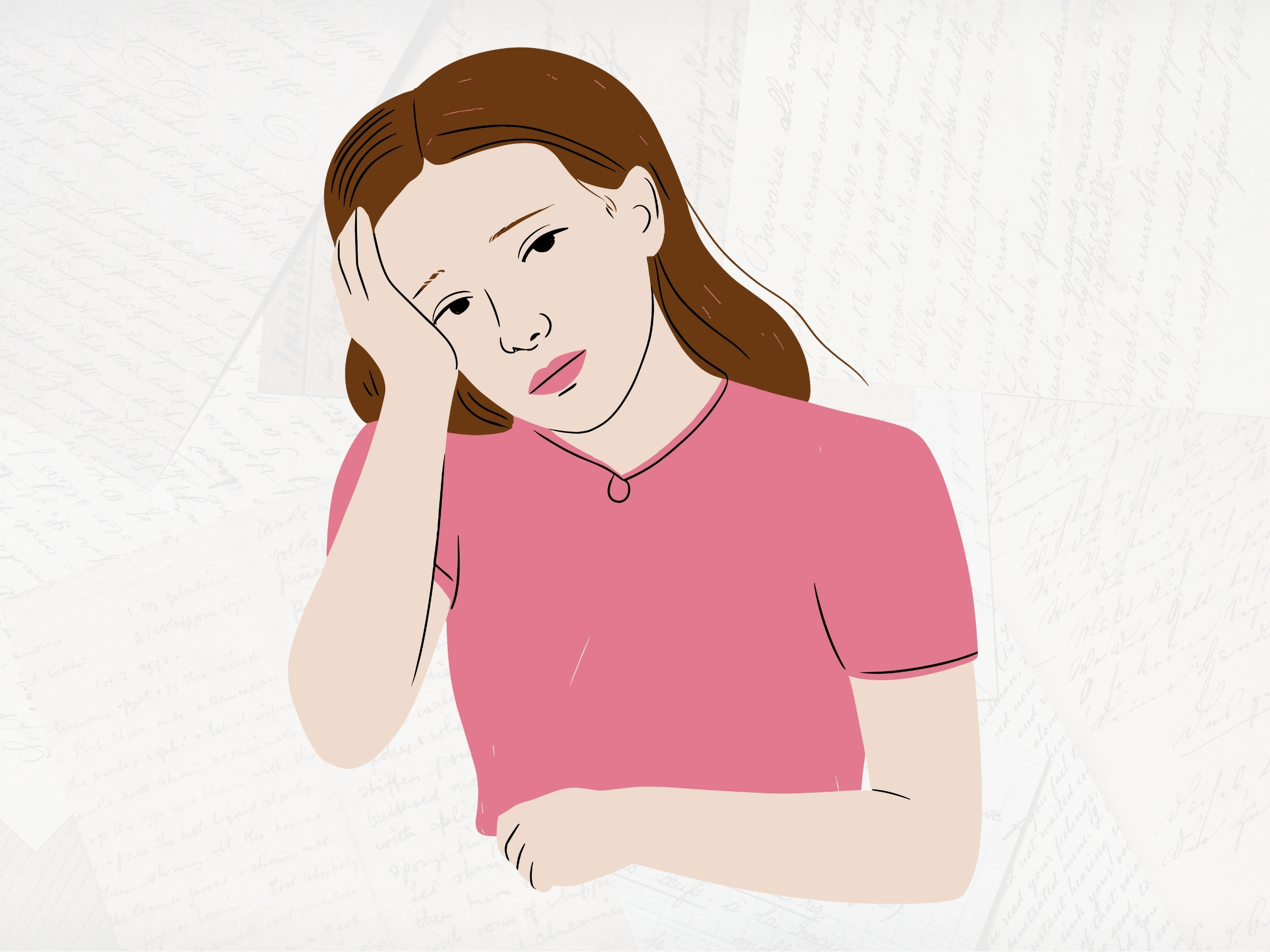
Content note: Ableism, mention of financial hardship, chronic illness and medical themes.
I’m tired, boss.
Not because of the sleep disorder, or the chronic fatigue, or the migraines, or the obstructed breathing, or the- actually, wait, those things are making me very tired. Damn. How do I live like this?
Anyway, that’s not what I meant. I’m tired of explaining my story to people… specifically, explaining my health and disability every day.
Not because I’m ashamed of it or anything, it’s just exhausting trying to frame my experience in a way that people can understand- if they’re even willing to understand in the first place.
(Spoiler- half the time, they aren’t.)
I’ll say this though- after nearly 12 years of explaining myself every day, it’s gotten easier to do. It’s still exhausting, sure, but far less than it used to be.
I don’t know if it’ll ever be pleasant, given how people are- and even with nice people, it’s pretty draining having to go over the same morbid details every day. That said, I think I’ve cobbled together the least painful way to get through this daily topic.
“Now just a darn minute,” I hear you say. “Daily? Why do you talk about this so much? Are you on a talk show or something?”
(No, but I’m open to invitations.)
I constantly have to explain my disability because it permeates every aspect of my life. It affects me physically, mentally, emotionally … but also socially, and financially. Everywhere I go, it goes. Everything I do, it affects.
Before I take any action, or make any decision, my condition has already imposed excruciating limits on what choices are available to me. There’s so many things I can’t do properly, consistently, or at all, because I’m shackled by my health.
“Can you hang out tonight?”
No, my vision’s all blurry again.
“Did you vacuum the house this morning?”
No, I literally passed out on the floor.
“Why don’t you have a license yet?”
I am medically prohibited from driving.
“Why didn’t you-”
… I passed out again.
So yeah, this is a near-daily conversation. My health means nothing ever fully goes to plan, and if anyone interacts with me that day, they’ll want to know what’s going on.
For the record, I don’t think I owe people anything when my health strikes me down. In the past, I used to grovel and beg for people’s forgiveness if my health prevented me from doing something … which was stupid.
It took me a long time to learn this, but nobody has the right to be angry at me or blame me for illnesses that I can’t control. They can be upset at the situation, sure, but not at me. If I had even the slightest control over my health … I wouldn’t be sick in the first place.
That said, I do need to tell people why I’m always late, why I need to cancel so often, and so on.
Hey – I might live at the mercy of unpredictable health, but I’ve still got manners. And even if I didn’t, explaining myself isn’t just a courtesy … sometimes it’s the only thing stopping people from lashing out at me.
I’ll be honest, it’s not always an easy conversation, but after years of explaining myself – here’s how I get around the worst of it.
1) “But you don’t look disabled”
It’s not worth the fight with these people. Trust me. They’re not going to listen.
Best way around this? Just change the terminology. You shouldn’t lie about your condition, especially to people who don’t believe you in the first place, but some honest reframing can help bypass their ignorance.
Instead of the word “disabled”, I’ll just say something like “I’m very sick at the moment.” It doesn’t do me justice, but it’ll get these types to leave me alone.
Alternatively, if you’ve got mobility issues, but appear able-bodied, framing it as an “injury” might click better in their narrow worldview. Their criteria for disability is incredibly ignorant, but everyone gets sick or injured at some point, so they’ll accept that purely because they can relate to it.
The advocate in me doesn’t like this, but the pragmatist does. Sometimes, you’ve gotta work around people’s ignorance in a way that they can process. It’s ridiculous, but it saves me a lot of time … and headaches.
2) The Bootstrappers
Occasionally you’ll find people who believe that you’re disabled, but don’t care anyway. These ones are the worst. They’ll try to insist that you can push yourself way beyond what is physically possible for you, and that your real disability is your attitude, or some nonsense like that.
Oh, and they’ll probably claim to have a cousin “with the same thing as you” and that he’s doing “just fine”. (He’s not, and you don’t have the same symptoms.)
There’s no easy or guaranteed way to deal with people like this – you should really just try to exit the conversation- but if you’re stuck with them, sometimes it helps if you just quote things your doctor has told you.
They’ll take the word of a professional more seriously, and even if they don’t, it moves the target off of you. They’ll probably stop scolding you and go on about how your doctor is an idiot.
Just … shrug and say that it’s easier for you to trust the experts.
For every bad-faith question, and every assertion that you can do something you know isn’t possible, just shut it down with some variation of “my doctor says I can’t.”
Again, don’t lie, just quote what’s been discussed with your doctor – and make sure they know that’s who all this info is coming from.
3) People who mean well, but don’t understand
I run into plenty of folks who are super nice, and want to understand what I’m dealing with, but simply cannot get it. With how different my world is to theirs, and no comparable experiences, sometimes it just doesn’t click for people.
This in itself isn’t a problem, you could just drop the conversation- but if you needthem to understand for some reason, this can get really frustrating, and the conversations can drag on for hours.
People tend to zone out or get confused when I get into specifics, especially when medical terms start popping up. They just start drowning and don’t process anything after that point.
For example, if I mention that I’ve got Depersonalization-Derealization Disorder, yeah, they already checked out ten syllables ago. People get thrown off by long, technical jargon, and tune out when they assume it’ll be too hard for them to understand.
Chances are, they could understand if they tried, but they spook themselves out of it because it’s so unfamiliar. I kinda do the same with maths, and … whatever those Labubu things are.
Anyway, keep it simple. Try to describe symptoms, not titles. Describe what you’re experiencing in everyday terms, not technical or scientific ones. The simpler and easier it is for people to understand, the more likely that they’ll listen and follow your requests for support.
One of the many conditions I live with is called sleep apnea. Rather than get into specifics about it, or even use the name, I’ll just tell people “oh, I’ve got a sleeping disorder”.
If that’s not enough, I’ll tell them the impacts:
“I don’t actually sleep.”
“I’m always dizzy.”
“I’ve always got a headache.”
Just cut it down to the essentials. Broad, sweeping highlights that capture the worst of it and get the point across without spacing them out, or wearing yourself out.
And hey, be safe – don’t reveal any more than you need to. Only your doctors, carers and closest loved ones need to know specifics. If you’re not comfortable sharing details about your condition, or worry that someone may exploit that knowledge, you don’t need to tell them. It’s okay to keep things vague.
My advice? Just sit down with someone you trust, and practice different ways to condense your story while still getting the essentials across. Practice that out in the field a bit, tweak it as you go, and eventually you’ll hone it down to a sentence or two that requires little energy or emotional labour.
At the end of the day, this is what works for me.
But eventually, society at large needs to learn about what our reality is. Having to tiptoe around people’s ignorance- wilful or not- is not something we should have to do forever. Non-disabled people can’t learn everything overnight, and that’s okay, but that process does need to start.
Look – for now, this is how I get through these conversations, and it works, but I don’t intend to spend my whole life skimming over what I endure, and neither should you.
Never be ashamed to talk about your disability or health issues- but if you want to save time and headaches on people who just aren’t worth the argument… meh, sometimes you just deserve the break.


